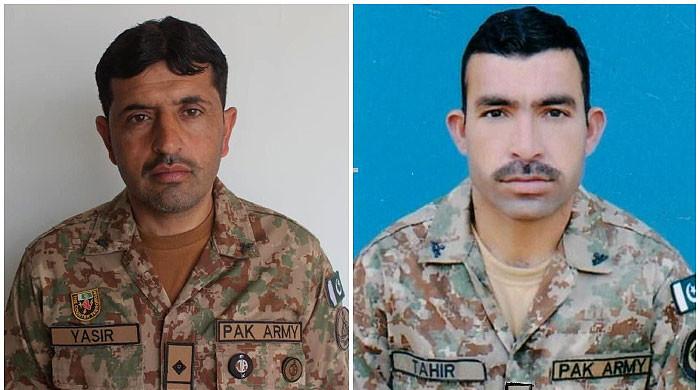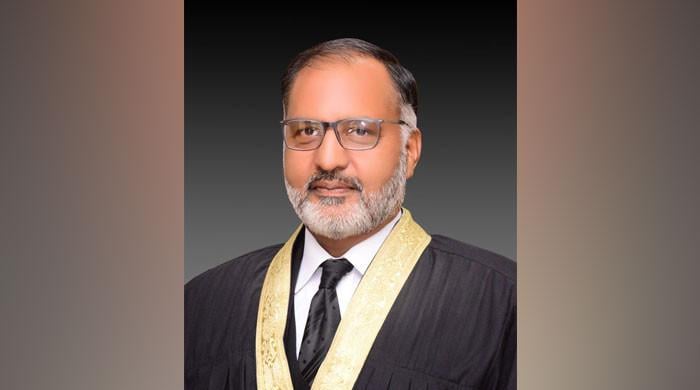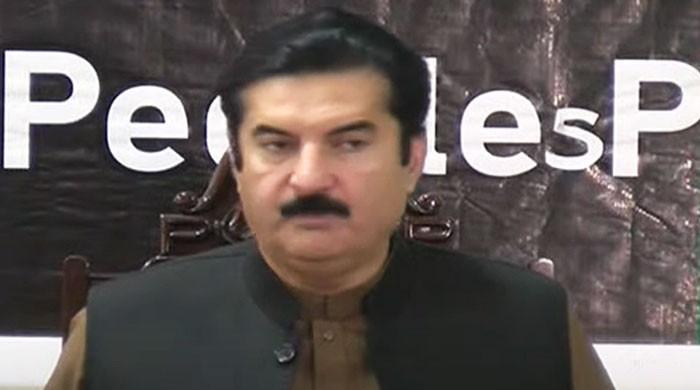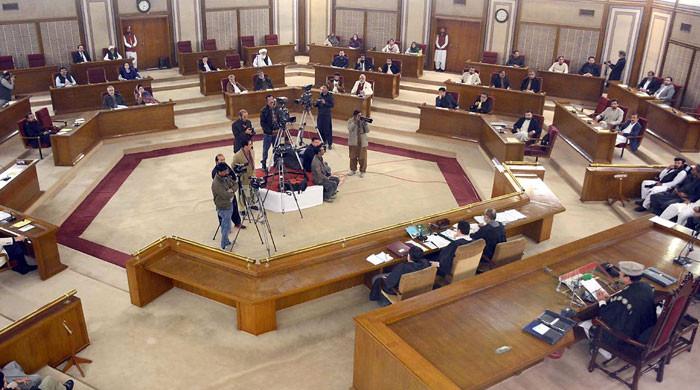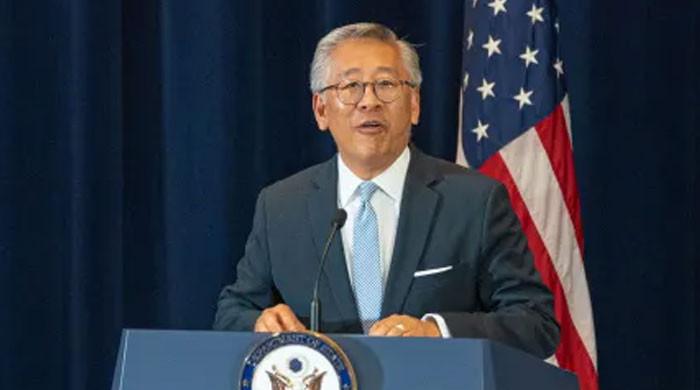[ad_1]
Average share of women journalists at the news outlets is only 11%, report reveals

The under-representation of women journalists in newsrooms and the lack of gender-sensitive policies have forced the Pakistani media industry into a state of gender emergency, according to a gender audit of news organisations conducted by the Women Journalists Association of Pakistan (WJAP) and Freedom Network.
The study titled “Unequal Newsrooms: A Gender Audit of Pakistani Media Organisations” was launched in connection with International Women’s Day, 8 March.
The gender audit is based on a survey of 15 news organisations in Islamabad that provided data on workforce representation, organisational policies, anti-harassment measures, working conditions, and wages.
The audited organisations included six TV channels, four newspapers, three news agencies, and two news websites.
The audit findings reveal that the average share of women journalists at the news outlets is only 11%. Majority of the news organisations have no woman journalists in a leadership position.
Only two out of the 15 media houses have an anti-harassment inquiry committee despite a federal law making it mandatory for employers. Most media organisations do not offer paid maternity or paternity leave even though it is now legally required.
The gender sensitivity assessment of the audit report found that overall around 75% of the 15 news outlets were gender blind, meaning their organisational policies and practices do not identify or address specific gender-based issues that can affect men, women, and other gender minorities differently at the workplace.
The audit shows that urgent actions are required to remedy the gender emergency, which discourages women from continuing journalism, violates their legal rights in the workplace, and affects the gender diversity of media content.
The study offers recommendations for news organisations, media managers, civil society, journalist unions, and policymakers. It suggests that news organisations should use gender equality strategies for hiring, promotions, and workplace conduct.
Development organisations should conduct capacity-building training and awareness on gender for journalists and newsrooms.
The audit recommends journalist unions demand transparency in contracts and wage structures and seek legal help against publishers for violations of gender protection laws.
Policymakers should take notice of workplace sexual harassment and safety risks to women media workers, according to the gender audit.
Maqvi News #Maqvi #Maqvinews #Maqvi_news #Maqvi#News #info@maqvi.com
[ad_2]
Source link







































